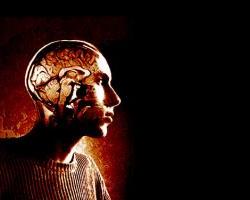The drug ecstasy, or MDMA, may prove helpful in the treatment of post traumatic stress disorder (PTSD) and anxiety, according to scientists at Imperial College London.
Long term recreational use of the drug ecstasy is believed to permanently alter brain functions, such as memory, in less than desirable ways. However, researchers are learning what parts of the brain are affected by ecstasy and why the drug may aid individuals with certain mental health issues.
The Brain On Ecstasy
Researchers looked at the brain scans of 25 healthy volunteers. Each participant underwent two scans, one after taking MDMA and the other after ingesting a placebo. The volunteers did not know which they were given before each scan.
The scan results point to treatment possibilities:
- People with anxiety experience an increase in limbic system activity. The limbic system is a group of structures that play a role in emotional response. The research revealed that ecstasy causes a decrease in the brain’s limbic system activity.
- People with anxiety have an increase in communication between the medial prefrontal cortex and the medial temporal lobe. The research indicates that ecstasy reduces the communication between these two brain areas—a communication that is part of our emotional control mechanism.
- Individuals with PTSD show reduced signaling between the hippocampus and amygdala. The research shows that MDMA causes an increase of communication between these two brain structures.
“The findings suggest possible clinical uses of MDMA in treating anxiety and PTSD, but we need to be careful about drawing too many conclusions from a study in healthy volunteers. We would have to do studies in patients to see whether we find the same effects,” said Professor David Nutt, Imperial College London.
There is currently a study being done in the U.S. using MDMA in the treatment of PTSD patients; results so far are positive for ecstasy’s usefulness.
Ecstasy and Memories
The researchers discovered that MDMA causes lower blood flow in the emotion and memory areas of the brain. This may be why people report a sense of euphoria when using the drug recreationally, and why the study participant’s memories were affected by the drug.
While their brains were scanned, the volunteers were asked to think of their best and worst memories. Afterward, they reported that on ecstasy their positive memories were more vivid and emotionally intense than when taking the placebo. They also said that their worst memories seemed less negative under ecstasy’s influence.
Source: Science Daily







